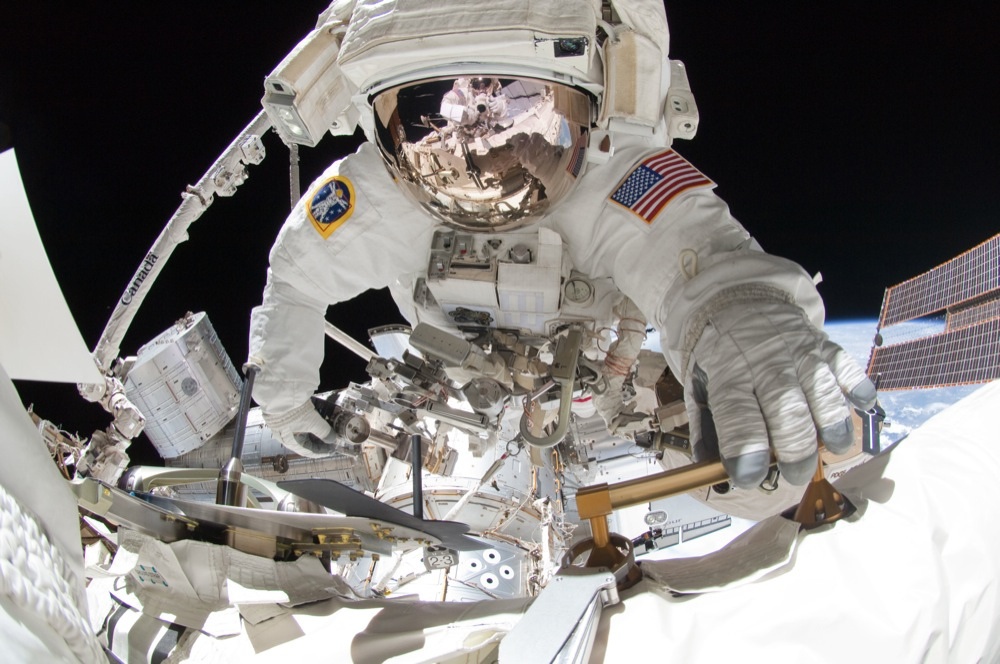Weekly Science Picks

That time of the week again. Time to kick back with a sunday newspaper… but since newspapers are dead we bring you a weekly run-down of all things sciencey!
We begin in space, with aliens. Australian Science’s Markus has a piece at Discover News on the search for extra-terrestial life and the feeling of finding it.
The Wow! Signal: Intercepted Alien Transmission?
“SETI, the search for extraterrestrial intelligence, has seen astronomers scouring the sky for decades in hopes of receiving artificially generated radio signals sent by alien civilizations. But then, there’s a good chance we’ve already found just such a signal. And 1977 saw the most tantalizing glimpse ever.
Nicknamed the “Wow!” signal, this was a brief burst of radio waves detected by astronomer Jerry Ehman who was working on a SETI project at the Big Ear radio telescope, Ohio. The signal was, in fact, so remarkable that Ehman circled it on the computer printout, writing “Wow!” in the margin — and unintentionally giving the received radio signal the name under which it would become famous.”
Those of us that walk the Earth with the burden of being called “Doctor” (real doctors), as in those with PhDs, know the feeling that not many can explain. Those that don’t turn to a life of super-villainary (Dr Horrible), seek tenure. In the podcast that “explores the hidden side of everything” Steve Levitt and Stephen Dubner take a look at the hidden side of being too smart for your own good.
Can You Be Too Smart for Your Own Good?
“One downfall of being particularly bright is that you are often lonely. You see and think of stuff that most other people don’t see or understand, so it can be hard to feel a genuine connection with most others. What is really exciting to you goes right over the heads of most others. As you get older this gets to be easier to solve by finding your flock, but I think loneliness in the formative years always sticks to you.”
Finally, this week, Google celebrated the petri dish with a google doodle! German microbiologist Julius Richard Petri to be exact.
Today’s Google Doodle Honors the Petri Dish
“Petri created these now ubiquitous shallow containers while working as an assistant to Robert Koch, the man widely referred to as the father of microbiology. (Koch’s postulates of germ theory detail the essential methodology needed to identify the causative agent of a disease.) Petri‘s dishes would be supplied with the gelatinous agar that served as a culture medium – providing anything from amino acids, salts, carbohydrates and blood – to encourage bacterial growth. The lidded dishes created a contained environment, a miniature cordon sanitaire, in which to culture isolated bacteria and prevent contamination from airborne organisms and molds. His simple discovery paved the way for more sophisticated advancements and vital discoveries in microbiology.”
Until next time!
 Follow
Follow
1 thought on “Weekly Science Picks”
Comments are closed.